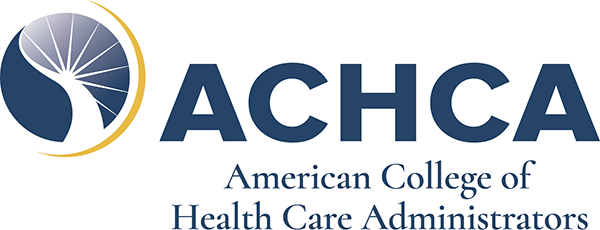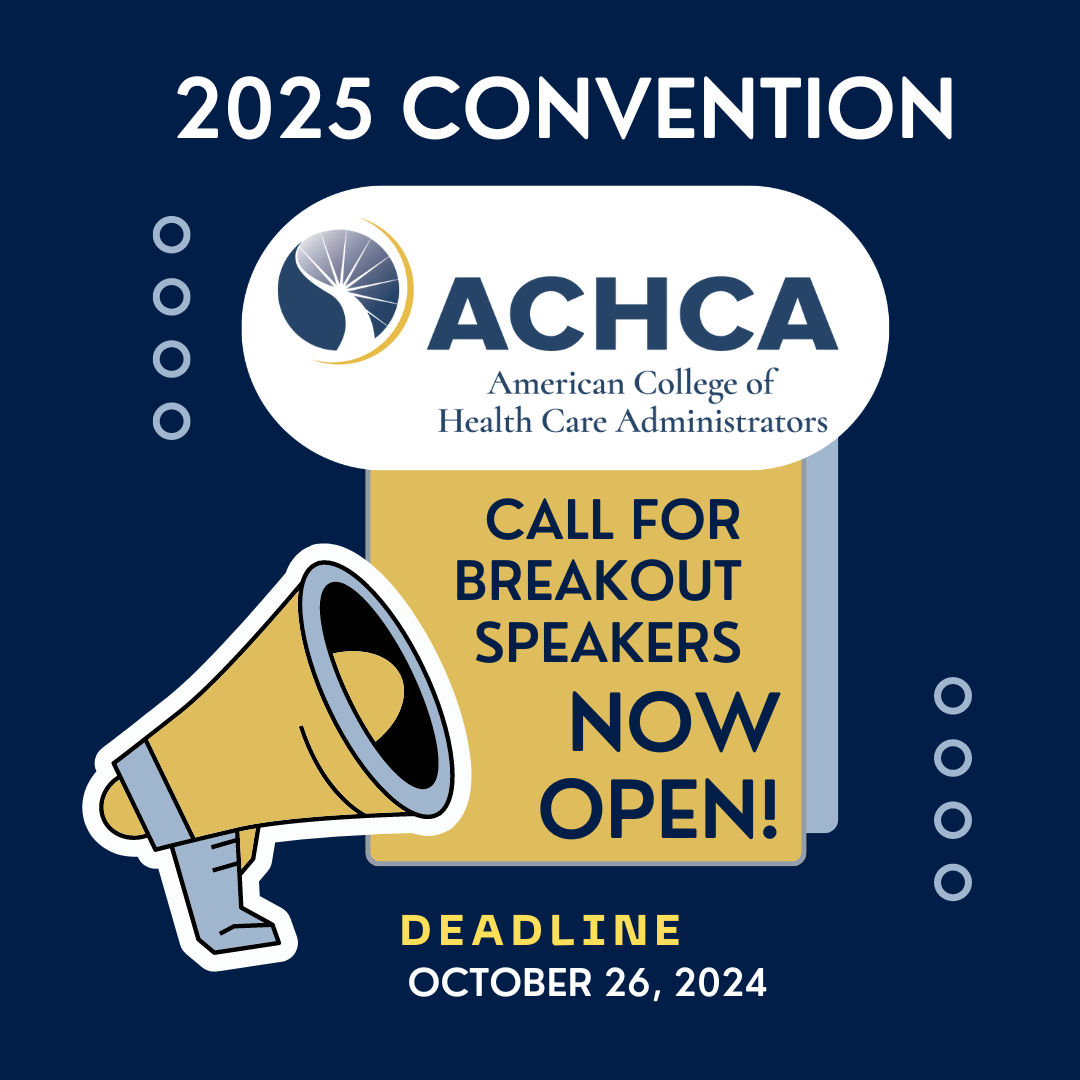Starting with WHY
Lately, I’ve been giving a lot of thought to our profession, post-acute and aging services, and began to wonder if anything we do matters.
With all the challenges from regulators, attorneys, payers, and the press, why do we do it? Not WHAT we do, or even HOW we do it, but WHY? Simon Sinek wrote an entire book on the topic, entitled, Start with Why, and spoke on it in a widely viewed TED Talk several years ago (use this link to view the original “Start with WHY” talk https://www.youtube.com/watch?v=IPYeCltXpxw).



